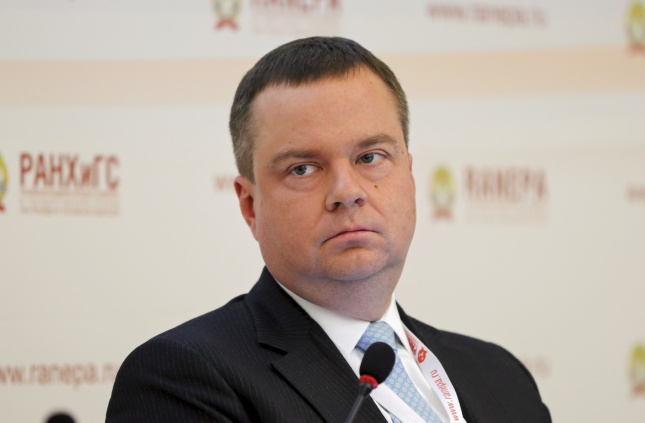Russia and Belarus have announced plans to launch a joint platform for jewellery exports, focusing on markets including China, the UAE, Vietnam, and Southeast Asia. The plan was confirmed after a meeting between Russia’s Deputy Finance Minister Alexei Moiseyev and Belarus’s Finance Minister Yuri Seliverstov in Minsk on 4 April.
Marketplace Development and Scope
The project, due to launch in test mode later in 2025, will offer a shared online platform for exporting jewellery from both countries. The Eurasian Development Bank, co-founded by Russia and Kazakhstan, is supporting the initiative.
“A marketplace for the sale of Belarusian and Russian jewelry on foreign markets is planned to be launched in test mode this year,” Moiseyev said, according to BelTA, Belarus’s state news agency.
The collaboration also includes work on expanding e-commerce for jewellery produced in Russia and Belarus.
Hallmark Recognition and Digital Traceability
As part of the initiative, the two countries plan to sign an agreement on mutual recognition of assay marks by the end of the year. This will allow hallmarked jewellery from each country to be recognised by the other, supporting cross-border trade in precious metals.
Also planned is the full integration of electronic traceability systems in the jewellery sector.
“This step will make it possible to create a common market – a hallmark made in Belarus will be recognized in Russia, and vice versa,” said Moiseyev.
Engagement with the Kimberley Process
The meeting in Minsk also included discussions related to the Kimberley Process. Moiseyev noted the participation of both countries in meetings held in Minsk that week involving the Kimberley Process Chair and the chairs of its working groups, as well as a special committee on review and reform.
As Moiseyev stated, the event brought together “partners who are committed to constructive work in the field of diamond trade, including interaction with Russia and Belarus.”
Russian and Belarusian officials reaffirmed their involvement in the KP and raised concerns about the process being influenced by political considerations.
“Belarus and Russia oppose the politicization of the Kimberley Process and consider it important to adopt a new definition of conflict diamonds that corresponds to the current situation,” Moiseyev said.
Industry Implications
For jewellers operating in or trading with the Eurasian region, the establishment of a shared digital marketplace and mutual hallmark recognition may reduce administrative steps in export processes. Developments in traceability and regulatory alignment could also affect regional trade patterns.
Ongoing geopolitical shifts may affect sourcing, certification, and access to markets. Developments in this initiative may influence regional trade routes and regulatory standards.




